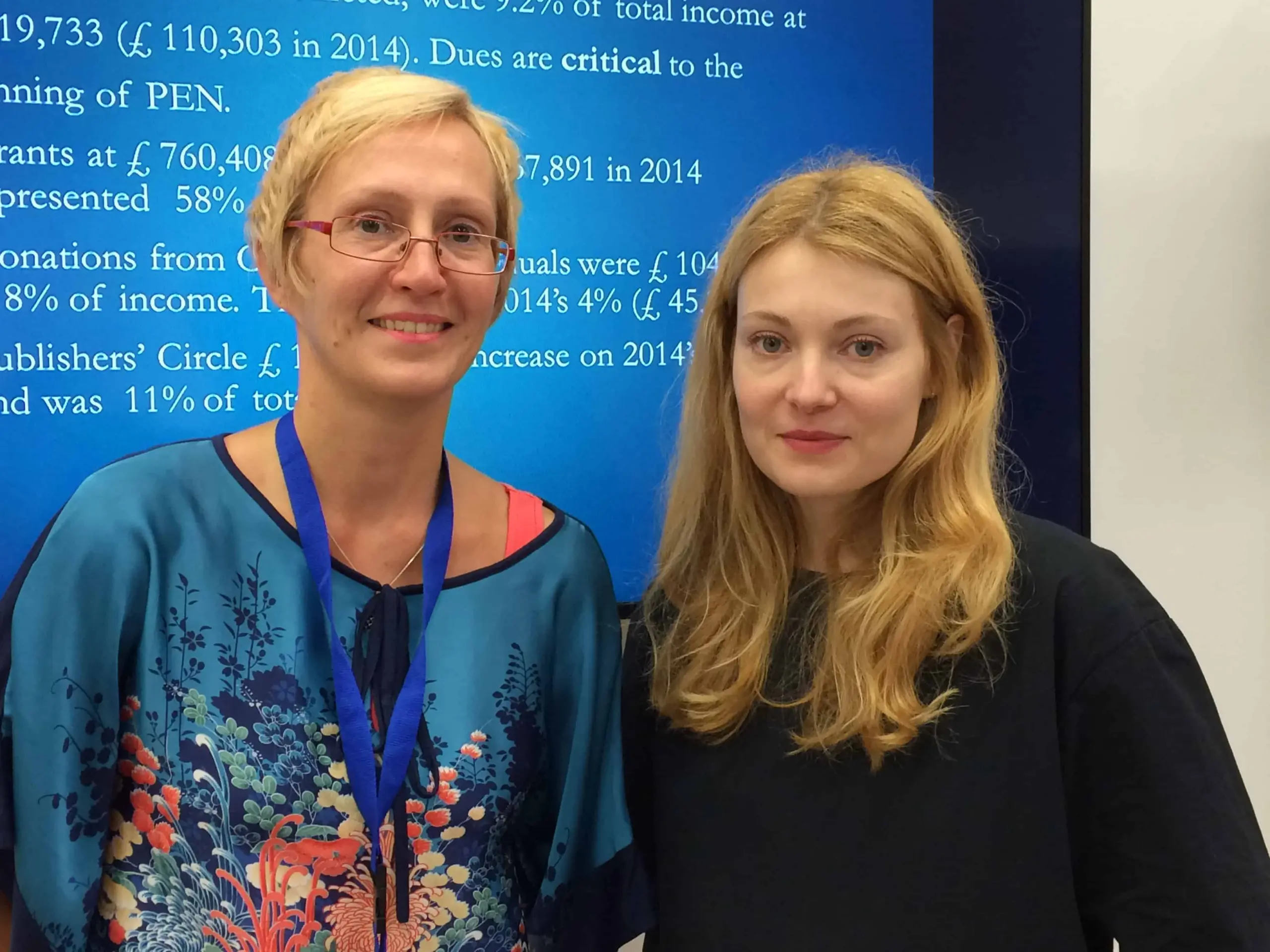This post originally appeared on the website of PEN International.
The ongoing blanket ban on the Kashmir Reader – an English-language newspaper based in Srinagar, India – with respect to vague allegations of publishing content which ‘can incite violence’ should be overturned without further delay, said PEN International and PEN Delhi today.
The organisation said that the ban, imposed on 2 October 2016, was of deep concern for the ability of the public in Kashmir to access information concerning the ongoing conflict in the region and did not appear to meet the requirements of “reasonableness” under the Constitution of India and “necessity” and “proportionality” under international law to restrict freedom of expression.
‘The ban imposed on the Kashmir Reader is based on loosely-worded charges, is sweeping in its scope and has continued for more than a month. The rights to information and free expression are important at all times, and all the more so during times of strife and unrest. The ban must be removed immediately.’ Said Salil Tripathi, Chair of the Writers in Prison Committee of PEN International’
The ban, ordered by the Srinagar District Magistrate, alleged that the paper had been observed to contain ‘such material and content which tends to incite acts of violence and disturb public peace and tranquillity’ and that to prevent such breaches, it was necessary to take precautionary measures. No details were given about any specific articles or any content which the local authorities deemed to be problematic.
‘The Supreme Court of India held last year that overbroad restrictions on speech are reason enough for those restrictions to be struck down as unconstitutional. Not only does ‘overbreadth’ limit speech more than absolutely necessary, it also causes other journalists to quiet their voices and censor themselves even further.’ said Shovon Choudhary, Secretary, PEN Delhi.
The Kashmir Reader has complained to the Editors’ Guild of India that the ban was served without any prior warning, despite a claim from the government information department that the paper had been served with a notice a week prior to the ban to explain its position on a series of articles it had published. The Guild asked the Jammu and Kashmir Chief Minister to look into the complaint, and to reconsider the decision, stating that ‘any move to obstruct, infringe or impose a ban on the press is an assault on democracy.’
On 26 October 2016, the Kashmir Editors’ Guild also called for the ban to be overturned.
The ban was imposed in the context of widespread unrest in Jammu and Kashmir, which began on 8 July 2016 after Indian security forces killed Burhan Wani, a popular leader of the armed Kashmiri pro-Pakistan separatist group Hizbul Mujahideen, deemed a terrorist organisation by India, and two of his associates. At least 85 civilians have reportedly been killed in the unrest, and over 7,000 civilians injured.
As the unrest spread, government-ordered internet shutdowns were imposed on 9 July. Broadband, mobile internet and call services have been interrupted on several occasions, most recently on 12 September 2016.
On 16 July 2016, following the local government’s declaration of a press emergency, police seized copies of several newspapers and prevented them from publishing for several days. Shortly afterwards, the local government authorities back-tracked, denying there was a ban and stated that the police had overstepped their authority.
International human rights bodies have repeatedly clarified that restrictions on freedom of expression imposed for reasons of national security or protecting public order must meet a three-part test of legality, necessity, and proportionality.


